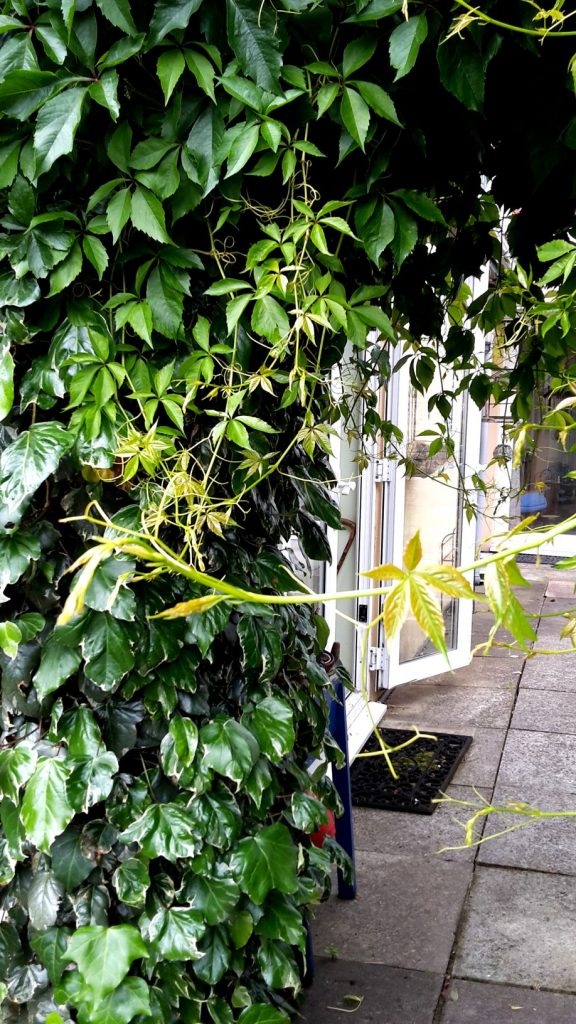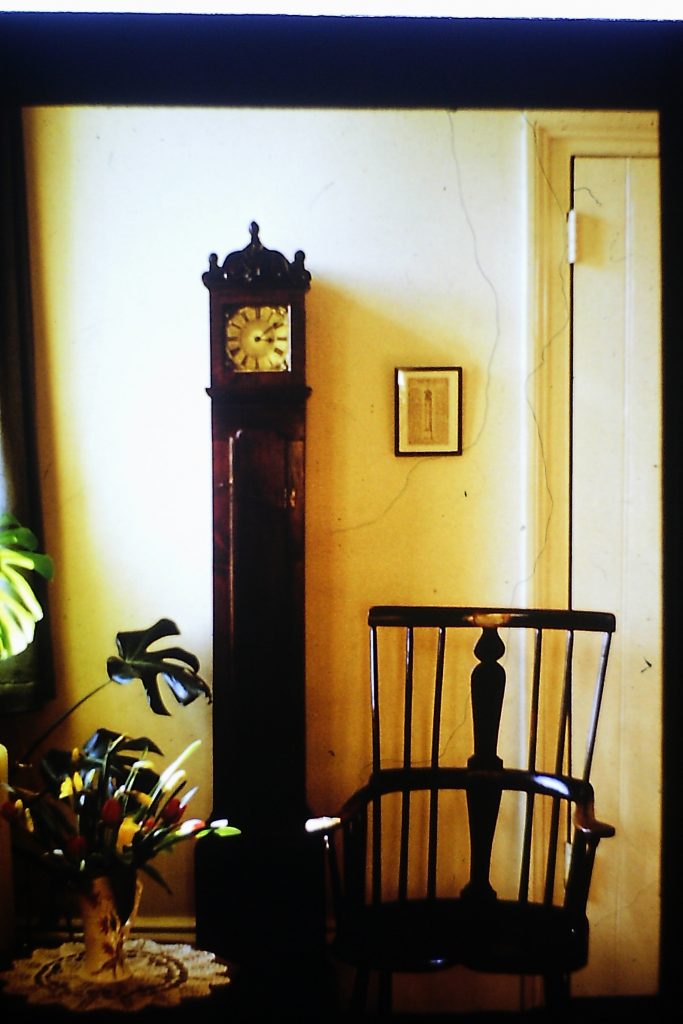
The House had layers.
Layers of space, layers of time, layers of reality – each wrapped over and under and around each other, so that they mingled and shared and connected, but they never met, never overlapped. A room might have a history, a mythology, even a reflection, but the room would always be the room that you entered. At least until you left.
There were ways to get to familiar places, but to find your way to somewhere else required a map. The map was essential. It would take you up a certain staircase, along a specific passageway, lead you round a given pillar – and you had to follow it exactly, or you would find yourself elsewhere.
Else when.
Even somewhere else entirely.
It was easy to get lost in the House.
Some people never found their way out. They’d become trapped, keeping to the pathways they knew, hesitant to take a different step, to assail a different stair. They’d wander without purpose, guests who had overstayed their welcome, waiting for someone, or something, to guide them out. Or even, for some, waiting to be thrown out. Intruders, invaders, inveiglers – thieves and vagabonds, would be conquerors, and pushy travelling salesmen – all would get caught in the House’s web, and redirected to where they could do the least damage, until they could be appropriately dealt with.
Others were drawn to stay. They were brought by destiny, or desperation. They sought sanctuary, they sought purpose, they searched for knowledge, for wisdom, or answers, or – sometimes – simply a place to stay. For a while, or for forever. The House did not judge its tenants.
But they all paid rent.
One way or another.
A few – a very special few – became absorbed into the fabric of the House, chosen to serve its purposes, to be employed within its richly layered existence. For them, board and lodging came free, one of the rewards of servitude. They were supported, protected, nurtured and encouraged in their skills and talents. They also got invitations to the House parties – to the balls and masques, to festivals celebrations, to events and activities. It didn’t matter if they attended or not, but they were always invited. The House took good care of its staff.
Almost as much care as it extended to the family that owned it.
The family had built it, once upon a time, somewhen never. Its existence had become almost too convoluted to track. But the family line ran as straight as a die – from founder, through descendant after descendant, an unbroken legacy passed down through generations – and as each came into the inheritance they anchored the House to their own time, pinning it in place, much as a fluttering, gaudy butterfly might be pinned upon a board and kept for display.
In earlier days, the heirs were born there, were taught to master the House’s ways, to understand its routes and to oversee all its comings and goings. They grew up in its halls and played among its promises. They kept an eye on the staff, they dealt with the tenants, they hosted the parties, and they maintained the boundaries, within and without. But unlike many that the House contained, they never retreated from the outside world. It was because of that – and for other reasons – that, over time, the strength of the family began to falter. Some married out. Others were lost to war. Disease struck down the weak, and power took the ambitious. The line grew thin, and the burden of the House lay heavy on the few that remained.
The last owner, who’d been a wild eyed adventurer in his youth, had sown a few wild oats, served his country well, and then come home – alone. He’d grown old, keeping the House, and slowly, both he and it, had fallen into disrepair. Ways were lost. Doors were locked. Staff retired, vanished, or simply left, until only the most faithful remained. Tenants grew unruly and declared independence, laying claim to the spaces they inhabited – setting up kingdoms, or demanding payments and tolls.
When the old man finally died, the House trembled on the brink, facing ruin along with ruination.
But all was not yet lost. There was one hope left to cling to.
A letter went to the family lawyer – an old firm, in existence almost as long as the House itself – requesting the full and formal discharge of the obligations of the old man’s will.

‘While I have never married, there were times in my youth when I shared my life with women I admired and cherished. If any of those admirable women were blessed with a child from that association, then I will have met my duty in the continuance of the family line. To that child – and any children they may have – I wish to bequeath all that I hold in my possession; firstly, the titles, honours, and what little remains of the wealth that my father left to me, and secondly, the title and possession of the lands, the House and all that entails. If there is more than one heir, the money may be divided equally. The House must go to whichever of them is willing to live there, and maintain it.’
